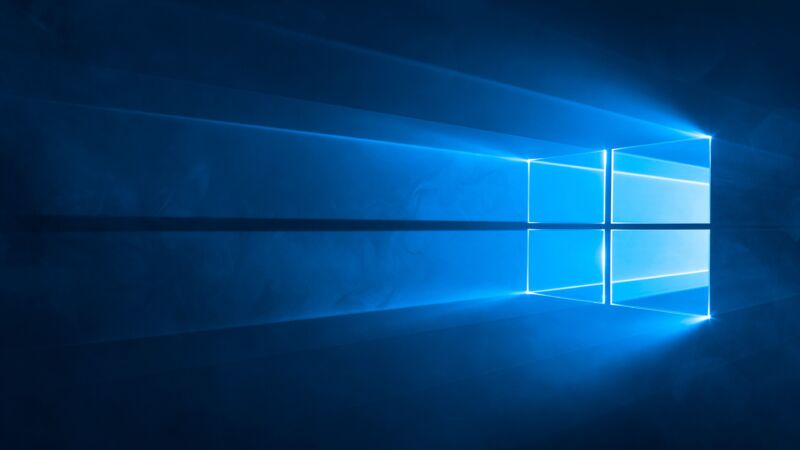
Microsoft
The Windows 11 22H2 update is working its way through Microsoft’s Windows Insider testing channels, and we’d expect it to begin rolling out to Windows 11 PCs at some point in the next few weeks or months. But Microsoft has had almost nothing to say about the next major update to Windows 10 beyond the fact that the operating system will keep getting yearly updates for the foreseeable future.
And the Windows 10 22H2 update is actually already out there for those who know how to install it. Neowin has published a list of commands that can be typed into the Command Prompt or Windows Terminal to turn a fully updated Windows 10 21H2 install into a 22H2 install. The commands use Microsoft’s Deployment Image Servicing and Management (DISM) tool to make tweaks to your Windows install and require the optional KB5014666 update for Windows 10 to be installed first.
The catch is that enabling Windows 10 22H2 doesn’t actually seem to do much beyond incrementing the version number on the “About Windows” screen.
The Windows 10 21H2 update was released shortly after Windows 11 came out at the end of last year, and while it included few user-visible improvements, it updated the Windows Subsystem for Linux and added some capabilities for Wi-Fi networks using WPA3 encryption. These kinds of low-level improvements and backported features may be lurking beneath Windows 10 22H2’s placid surface, and if they are, Microsoft isn’t saying anything about them yet.
It may seem odd that a simple flip of a switch can “upgrade” Windows 10 21H2 to version 22H2, but it’s not unprecedented. The Windows 10 1909 update was released via a similar “enablement package” that incremented the version number and enabled a few new features and tweaks that were lying dormant in Windows 10 1903.
New features or not, you’ll need to install Windows 10 22H2 at some point to continue receiving software updates since Microsoft’s end-of-servicing dates reset with each yearly Windows release. Version 21H2 will be updated until mid-2023 or mid-2024, depending on whether you’re running the Home/Pro versions or the Enterprise version, while Microsoft plans to update at least one version of Windows 10 until October 2025.
These updates will be important for the years’ worth of PC hardware that can run Windows 10 but falls short of Windows 11’s security requirements. Windows 11 can be run unofficially on those systems, though Microsoft has threatened to cut off security updates for unsupported PCs at some point in the future.









